
Genotek Becomes a Partner of HSE’s Master’s Programme ‘Data Analysis in Biology and Medicine’
In September 2024, employees of Genotek Medical Genetics Centre will act as instructors and supervisors for students’ term papers and master's theses in the ‘Data Analysis in Biology and Medicine’ programme at the HSE Faculty of Computer Science. Genotek’s expertise in Big Data analysis and bioinformatics processing of sequencing data has allowed the revision of the curriculum to include modern data analysis methods in biology and medicine.

HSE Scientist Optimises Solution of Hydrodynamics Problems
Roman Gaydukov, Associate Professor at the MIEM HSE School of Applied Mathematics, has modelled the fluid flow around a rotating disk with small surface irregularities. His solution allows for predicting fluid flow behaviour without the need for powerful supercomputers. The results have been published in Russian Journal of Mathematical Physics.
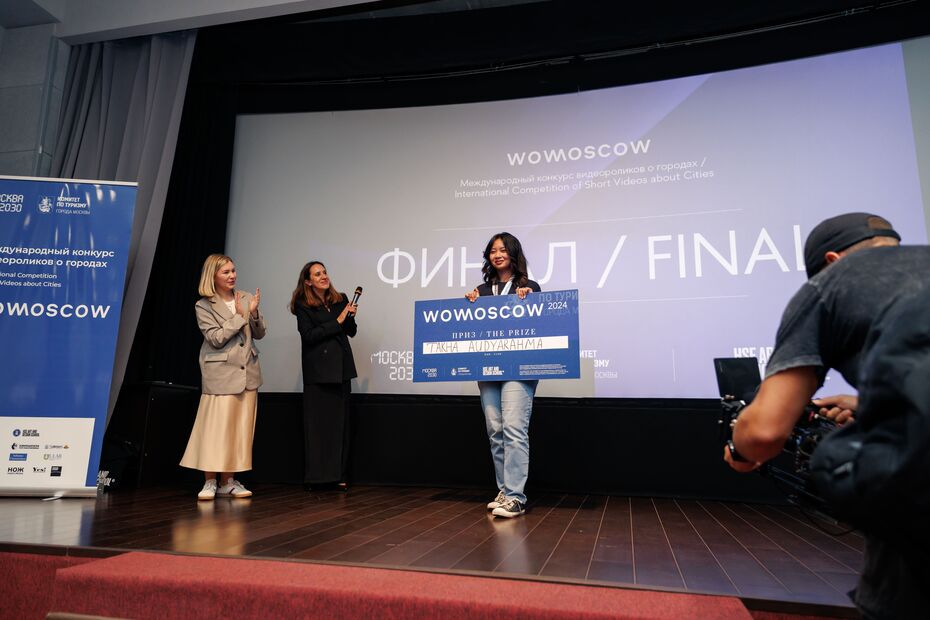
HSE Art and Design School and Moscow City Tourism Committee: Global Talents in the Russian Capital
Two major projects have been launched as a result of collaboration between the HSE Art and Design School and the Moscow City Tourism Committee: the International Photo Exhibition for the BRICS Countries ‘Big Cities in Moscow’ and the International Competition of Short Videos about Cities, WOWMOSCOW, which was won by Takha Audyarahma from Indonesia. Her video will premiere on 24 August as part of the Moscow International Film Week programme.
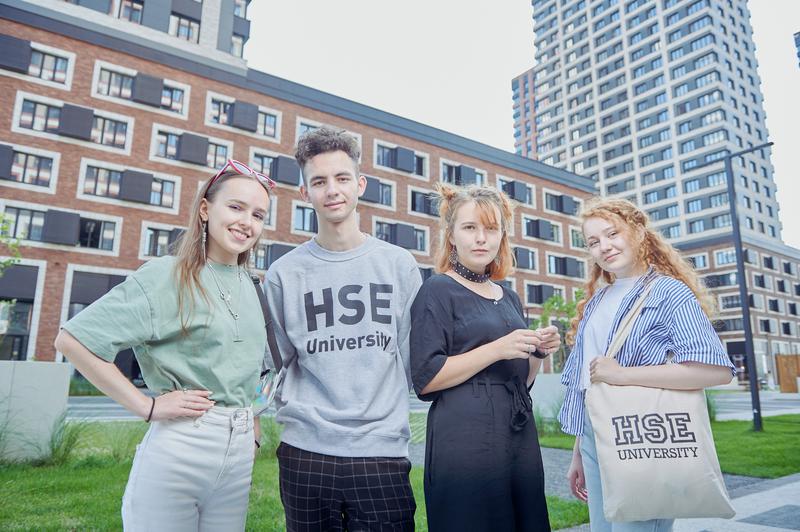
International Student Accommodation at HSE University
Many people associate university life with living in a dormitory, where they can do homework together, prepare for exams, and enjoy fun activities. Admissions News explains which categories of international students are eligible for dormitory accommodation and who can receive assistance from HSE University in finding alternative housing options.
‘Work Hard and Never Give up on Your Dreams’
In 2024, over 200 students graduated from the ICEF degree programmes. Joshua Baidoo, a 32-year-old student from Ghana who completed the master’s programme in Financial Economics, shared his experiences, challenges, and future plans with the HSE News Service.
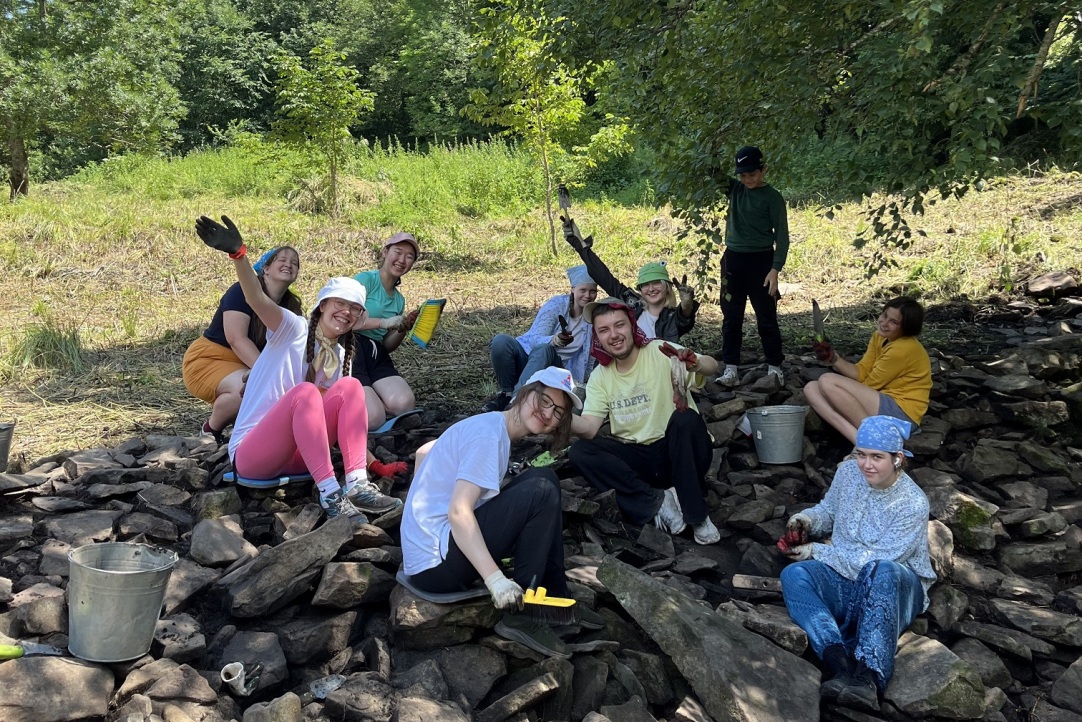
Unearthing the Past: What a Human Fossil Reveals About Origins, Diet, and Stress
On August 15, Russia celebrates Archaeologist’s Day. The HSE Faculty of Humanities offers programmes to master this profession. Archaeology is taught to undergraduate students who wish to major in history, and there is also a Master's programme 'Classical and Oriental Archaeology’ for those who want to continue their studies. In an interview with the HSE News Service, professors from HSE University discuss the benefits of archaeology, why young people are drawn to it, and what modern methods are used in the field.
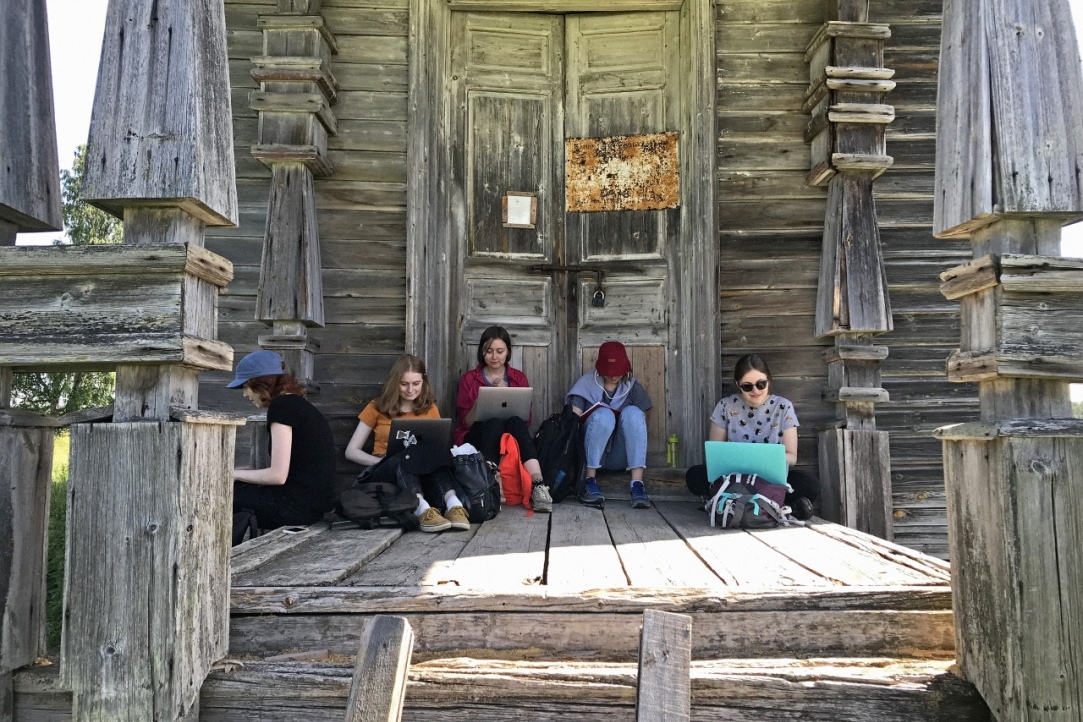
Testing Satellite Communication and Preserving Northern Culture: New Expeditions of ‘Rediscovering Russia’
From May to August 2024, 19 student expeditions took place across 15 regions of the country as part of the third season of the ‘Rediscovering Russia’ project. Currently, 10 more project expeditions are underway. The second stage of the application selection for autumn expeditions began in early August, with submissions open until August 16.

Mongolia’s New Capital: FoURD Team Presents Master Plan in Finals of International Architectural Competition
During the finals of an international competition in Ulaanbaatar, the team from HSE University’s Faculty of Urban and Regional Development (FoURD) and Graduate School of Urbanism presented a master plan for the future capital of Mongolia—New Kharkhorum—to the country’s leadership and the international jury.

'Engaging in Research Is Partly an Art and Partly a Craft'
Vyacheslav Kramkov's research focus is macrofinance, a field at the intersection of macroeconomics and financial markets. In this interview with the HSE Young Scientists project, he explains how economists develop their models, discusses the social dimension of science, and contends that the relationship between the dollar-rouble exchange rate and oil prices is no longer as tight as it once was.
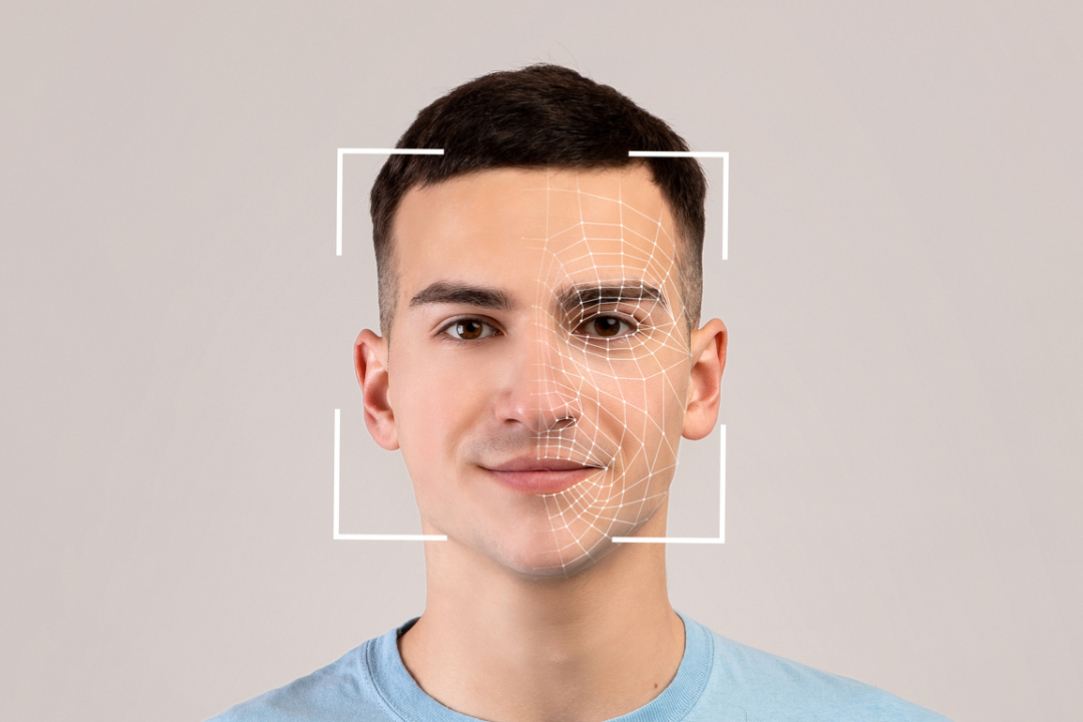
Neuroscientists from HSE University Learn to Predict Human Behaviour by Their Facial Expressions
Researchers at the Institute for Cognitive Neuroscience at HSE University are using automatic emotion recognition technologies to study charitable behaviour. In an experiment, scientists presented 45 participants with photographs of dogs in need and invited them to make donations to support these animals. Emotional reactions to the images were determined through facial activity using the FaceReader program. It turned out that the stronger the participants felt sadness and anger, the more money they were willing to donate to charity funds, regardless of their personal financial well-being. The study was published in the journal Heliyon.

